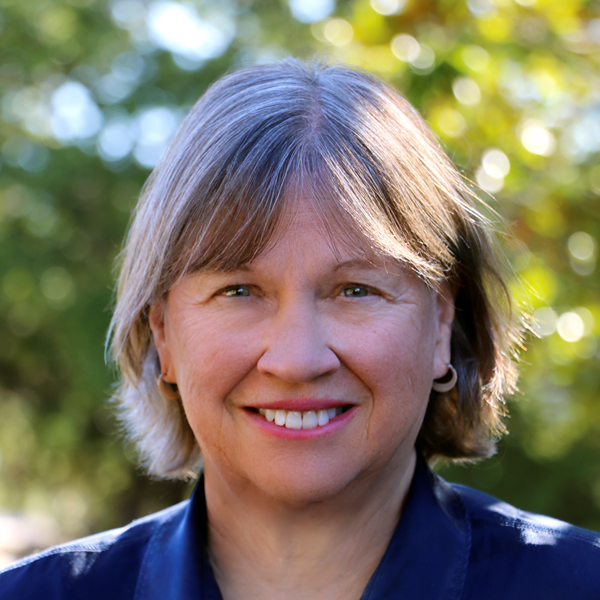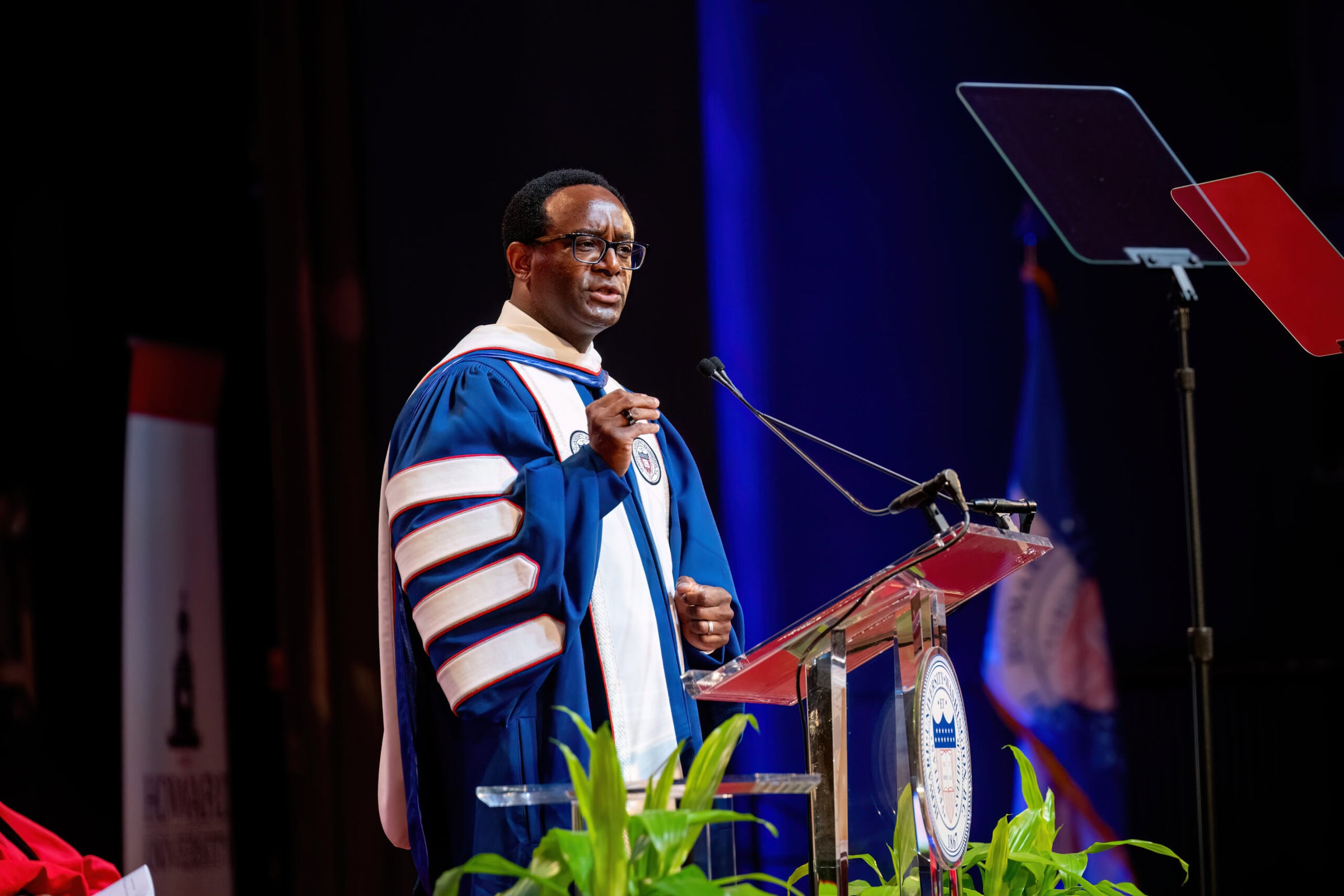If you have made it past the title of this piece, congratulations! I confess that if presented with an article dealing with this issue a few years ago, I would have rolled my eyes and turned the page—quickly. The term fundraising evoked images of tedious rubber-chicken dinners and awkward conversations with well-heeled donors, and brought to mind silent pleas of “Get me out of here.” Yet raising money for history programs can be rewarding, in several meanings of the word.
As we look forward to fall 2021 and hopefully the return of in-person teaching, events, and exhibitions, it is time to consider how various units related to our discipline might enhance their revenue. In an era of constricted budgets, bringing in additional funds can make a big difference. My experiences with the University of Texas at Austin History Visiting Committee might provide a useful example for other history departments.
There are multiple approaches to fundraising, all of them useful in their own ways. An organization need not possess substantial resources in terms of either staff time or money in order to raise modest sums and appeal to a donor base with a general interest in history. That interest exists virtually everywhere, especially as it relates to local and family history and current events. Even nonacademics who study or read voraciously about a specific topic—such as the Founders or World War II—often demonstrate a keen interest in all kinds of subjects outside their particular interest.
First, some words of caution. Any fundraising plan must receive the approval—and ideally, the robust support—of the institution’s development office. Although some development offices discourage or even prohibit individual units from fundraising on their own, others simply require that they be kept apprised of a department’s activities. Raising funds at the departmental level is often more successful than institutional-level solicitations because some alumni who refuse to give a penny to their alma mater generally have warmer feelings toward a particular department. Some alumni remember a beloved professor as someone who changed their life or otherwise inspired them in some way. Some met their current partners in a history class. And some who went on to pursue careers far afield from history yearn to return to learning about and debating the meaning of the past. It is in an institution’s interest to tap into an alum’s particular devotion to the historical enterprise. Development offices can also be on the lookout for alumni and other donors who indicate a passion for history, encouraging them to get involved or keep in touch with the department. In the end, departments should always coordinate with their development office, whether or not that office actually lends tangible support to the fundraising effort.
There are multiple approaches to fundraising, all of them useful in their own ways.
Raising money includes several components, but for many community members and alumni, intellectual stimulation is a big, if not the biggest, part of the draw. People outside the academy often appreciate the give-and-take of discussions focused on historical evidence and methodologies, and they enjoy learning about not only what happened in the past, but how historians grapple with issues of interpretation. A first step, then, would be keeping track of who from the general public or outside the unit attends lectures and other presentations sponsored by the unit.
In recent years, my department at UT Austin has capitalized on this broader interest in history and emotional connection to the department. In 2008, the department convened a visiting committee (VC) consisting of about 20 individuals recommended by faculty colleagues, alumni, and the university’s development office. The committee has been active in starting a group of donors, the Friends of History/UT Austin, sponsoring special events such as an annual History Homecoming tailgate and celebrating the department. With the explicit missions of raising money for the department and promoting its interests, the VC is akin to an athletic department booster group.
An aside here about what the visiting committee is not: The committee neither makes policy nor advises on curricular or governance matters. Like an athletic booster group or the “friends” entities that exist to support libraries and museums, a department visiting committee exists solely to build enthusiasm for our department and to raise funds to support our work.
Members of the VC and people in the surrounding Austin community have responded enthusiastically to various events organized by the department and its Institute for Historical Studies and designed to appeal to a broad audience. Panels marking the anniversary of historical events (including the Protestant Reformation, the Chinese Cultural Revolution, and the Vietnam War) have been especially popular. We can count on graduate students to offer fascinating glimpses into the nitty-gritty of historical research with their “Adventures in the Archives” presentations, in which they describe the challenges of navigating library and archives protocols all over the world, while seeking to adjust to the cultures in which the repositories are embedded. Visitors to the department have also enjoyed hearing from history majors who hold leadership positions at UT (for example, the editor-in-chief of the student newspaper) or have made news themselves (an organizer of protests against the state law permitting concealed carry of weapons on campus). VC members often marvel at the ways these different approaches to the study and presentation of history depart from the traditional lectures they heard as undergraduates. They also seem keen to learn about what goes on “behind the scenes” in the history enterprise—for example, how historians write their books and relate their own research specialties to teaching.
The Visiting Committee is akin to an athletic department booster group.
VCs and other interested groups of nonacademic historians might raise money for things included on an organization’s wish list; we were able to install in the department’s foyer a monitor that shows a rotating carousel of announcements. Members of VCs might reach out to their friends and invite them to events. Large, active VCs endow chairs and graduate scholarships, and they encourage their members and others to provide planned and estate gifts that will one day benefit the history department.
To some extent, all of these fundraising ideas depend on a sizable contingent of history lovers in close proximity to campus. At the same time, an e-newsletter that touts the department’s achievements can prompt a certain level of engagement among alumni who live far away. E-newsletters announcing upcoming events and listing faculty members’ recent publications and students’ recent research projects and dissertations will find a ready audience among friends of history. Never underestimate the enthusiasm of your former students and their willingness to get and stay involved in the department in a way that benefits you both.
One final note: History faculty are not responsible for asking donors for gifts. That responsibility usually lies with the VC, the institution’s development officer, or sometimes a dean, although there are department chairs who have “done the ask” successfully (the AHA can put you in touch with these colleagues).
Raising money can be a personally and intellectually rewarding enterprise for all involved, and a much-needed source of revenue for history departments and other places where historians work. Faculty and students can best contribute to any fundraising effort by talking about what they know best—their own disciplinary specialty, history, how to do it, and what it tells us about the world we are living in today.
This work is licensed under a Creative Commons Attribution-NonCommercial-NoDerivatives 4.0 International License. Attribution must provide author name, article title, Perspectives on History, date of publication, and a link to this page. This license applies only to the article, not to text or images used here by permission.


